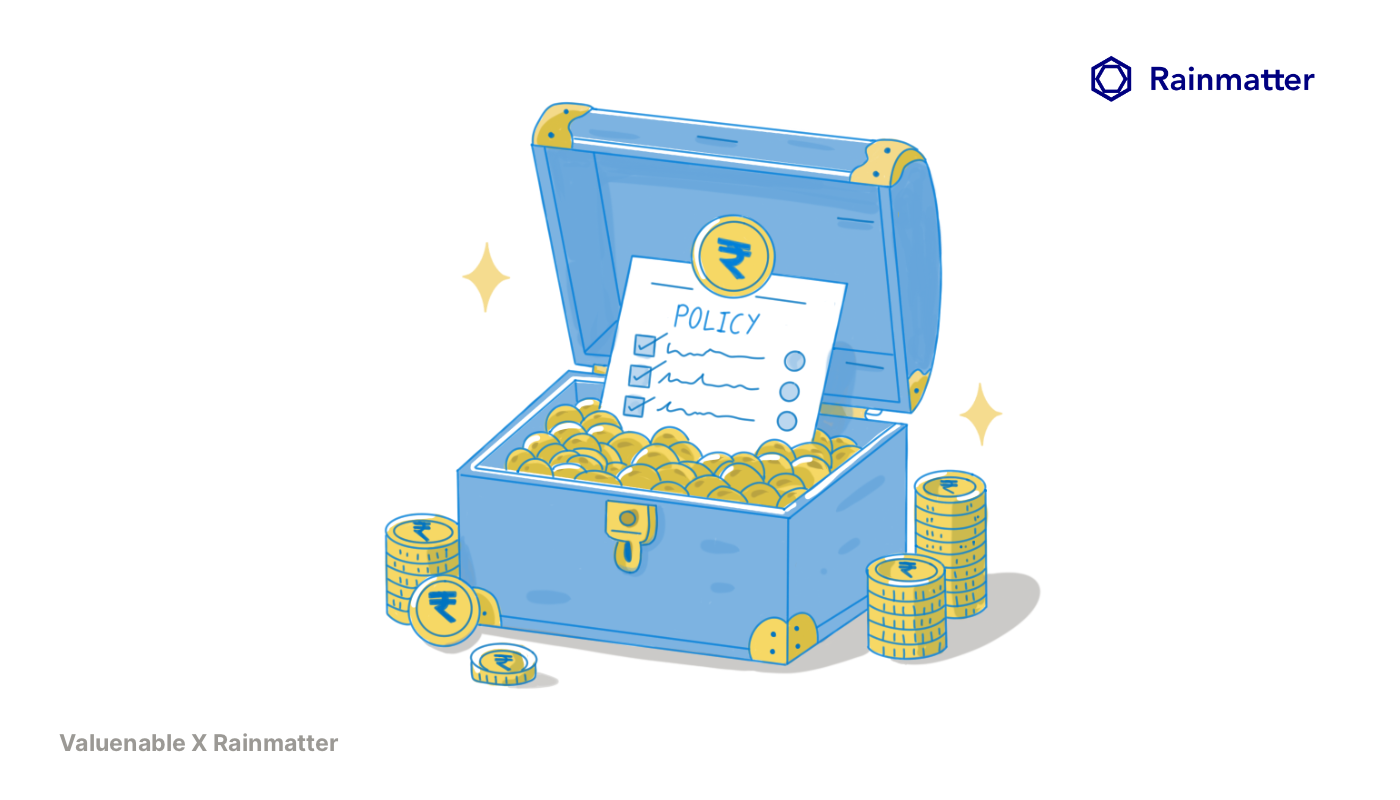
ValuEnable: Unlocking value in insurance
There are ~21 crore (210 million) insurance policyholders in India, who hold more than 330 million individual policies. If the adage “insurance is sold, not bought” is true, then enough insurance is being sold. The problem is that it’s probably being missold.
That’s one explanation for why nearly 9 million policies are discontinued every year. Others include changed financial circumstances, which make it hard for the policyholder to pay more premiums, or changed personal circumstances, where insurance is no longer necessary, or, most likely, changed financial knowledge, where the policyholder has been pushed to separate savings / investments from insurance.

Whatever the reason, discontinued policies are lost opportunities for both policyholders and insurance companies.
In the latest episode of From Scratch, the co-founders of ValuEnable explain why this is the case and how they are trying to help both sides emerge with a win-win situation.
Even if policyholders calculate their break-even and financial loss figures while discontinuing a policy (probably unlikely, given the difficulty in getting surrender values), they miss out on insurance cover. On the other hand, the insurance company loses a customer forever. Insurance companies have an incentive to retain the policy. Currently, this is done by customer service staff.
ValuEnable believes that it can do a better job of retention by showing customers the benefits of continuing a policy in a better and more personalised fashion. So it built a tool that could do this, which it provides to the customer service teams of insurance companies. It also has an in-house team in case the insurance company wants to outsource the retention conversation.
However, someone might surrender a policy because of changes in their financial circumstances, making retention difficult. In this case, the startup provides two alternatives.
The first is a loan against the policy. This allows the policyholder to not only pause premium payments, but also tide over emergency situations. ValuEnable has built a loan marketplace to help policyholders with the paperwork.
The second is to assign the policy to a financial investor. Essentially, the policy continues, with the investor that pays premiums on the policyholders’ behalf becoming its beneficiary. ValuEnable facilitates this through special purpose trusts, with investors investing in blind pools of policies, so that there’s no risk of moral hazard.
This process of assignment creates a new asset class for financial investors, with attractive and uncorrelated post-tax returns. While new to India, this asset class does exist in other markets like Singapore and the UK.
Watch this conversation to see how ValuEnable is not only building a startup but also an asset class from scratch.
